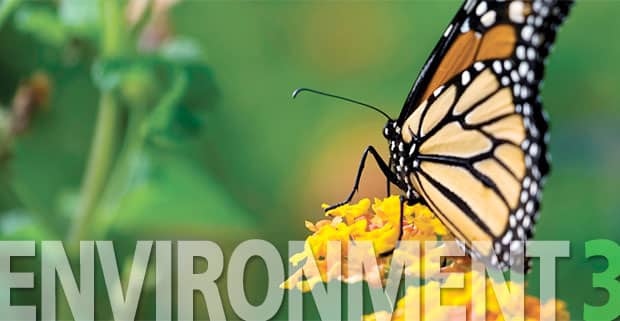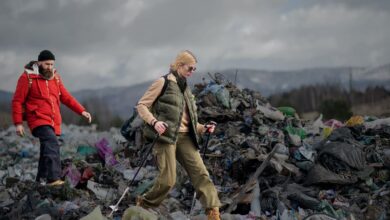Western Cape Plans To Reduce Plastic Waste
CAPE TOWN, 13 July 2018 – The Democratic Alliance (DA) Shadow Minister of Tourism, James Vos, met earlier this week with Western Cape Premier Helen Zille to discuss steps to reduce plastic shopping bag waste.
“We are happy to report that the Premier is in full support of this initiative and has requested Anton Bredell, Provincial Minister of Local Government, Environmental Affairs and Development Planning to take the process forward, in collaboration with the Provincial Standing Committee on Environmental Affairs and Development Planning,” says Vos.
Every year, some 350 million plastic shopping bags enter our environment in this province alone. Globally, that number is 500 billion bags. The World Economic Forum warns that unless governments actively intervene, plastic pollution is set to double in the next 20 years, meaning that by 2050, there could be more plastic in the oceans than fish, by weight.
In May 2016, the DA’s Western Cape Provincial Council resolved to set up a task team to consider placing a ban on plastic shopping bags in the province. After thorough consultation and deliberation, the Council resolved in October 2017 to take the less drastic route of steering the industry into the “circular economy”.
“Our proposal seeks to introduce 5 key changes so that the current single-use plastic bag that quickly ends up in our environment is replaced with a multi-use bag that is recycled,” says Vos. “To move plastic shopping bags from a linear process of take-use-discard to a circular process of use-reuse-recycle, we suggest:
1. All plastic shopping bags must be recyclable. Up until recently, most bags were not recyclable because of their high chalk content.
2. All plastic shopping bags must be made from 100% recycled content. Most bags are made from imported virgin polymer. Over the coming years, the minimum portion of local recycled content should steadily rise until this is 100%.
3. Plastic shopping bags should be at least 30 microns thick so that they are strong enough to enable multiple re-uses.
4. Plastic shopping bags should be labelled RE-USE THIS BAG in large marking that is clearly visible for the duration of the bag’s life.
5. Branded plastic shopping bags should be on a deposit return system where customers pay a deposit which is refunded to them on a return of the complete bag, broken or not. Returned bags must then be sent by the retailer to a recycler, while unclaimed deposits must be donated to an approved non-profit organization. The deposit amount must be high enough to incentivise people to collect and return bags.”
According to Vos, this proposal is the result of extensive consultation with retailers, manufacturers, recyclers, advocacy groups and industry bodies, all of which have shown an incredible willingness to come to the table to find a solution that works for all.
“We hope and expect the proposal will result in a significant reduction in plastic shopping bag waste. We also expect indirect benefits of a boost in job creation from more activity in the collection and recycling sectors, a boost in tourism from a cleaner environment, and a shift in consumer habits towards greater re-use and recycling.
“If the deposit return system is successful, we hope to roll it out to plastic water and cooldrink bottles soon. We are also considering taking steps to reduce waste from single-use plastic straws, stirrers, earbuds, lollipop sticks, barrier bags and microbeads.
“We South Africans must build a bright future for our children and the DA intends to lead the change we need,” concludes Vos.





